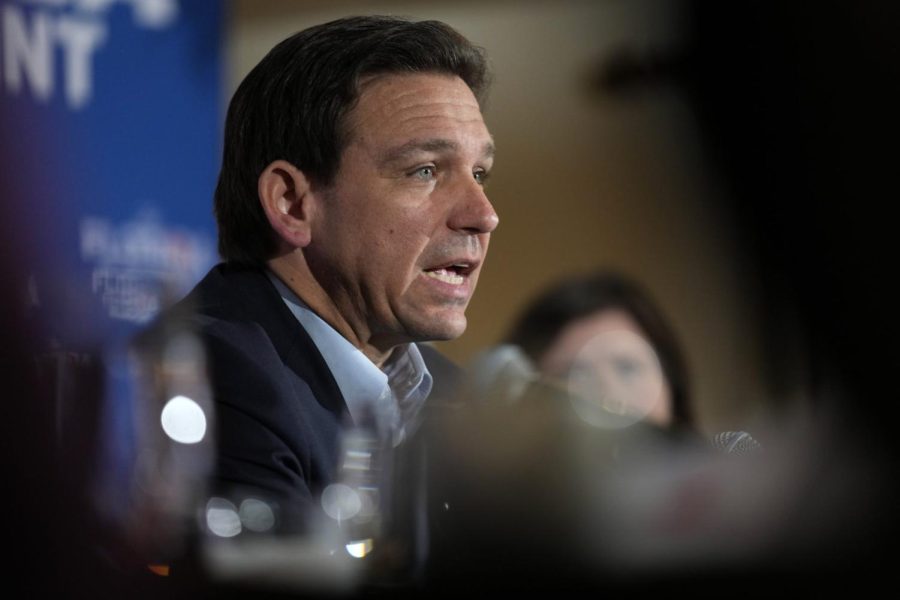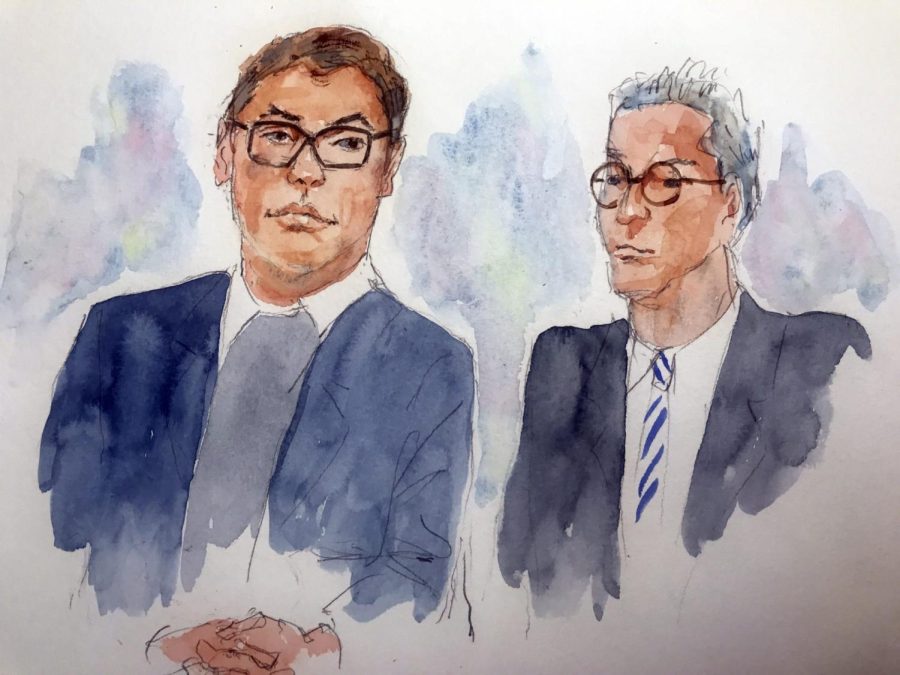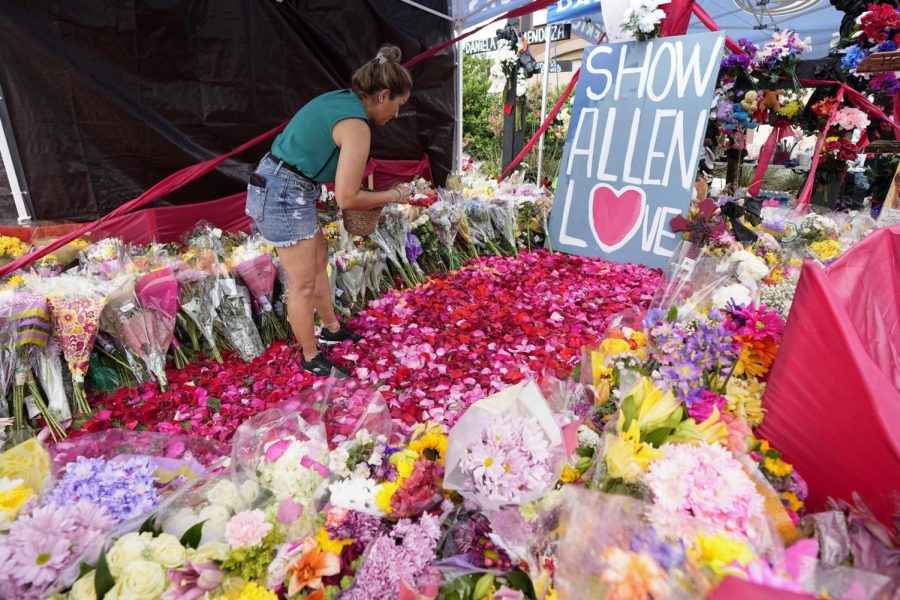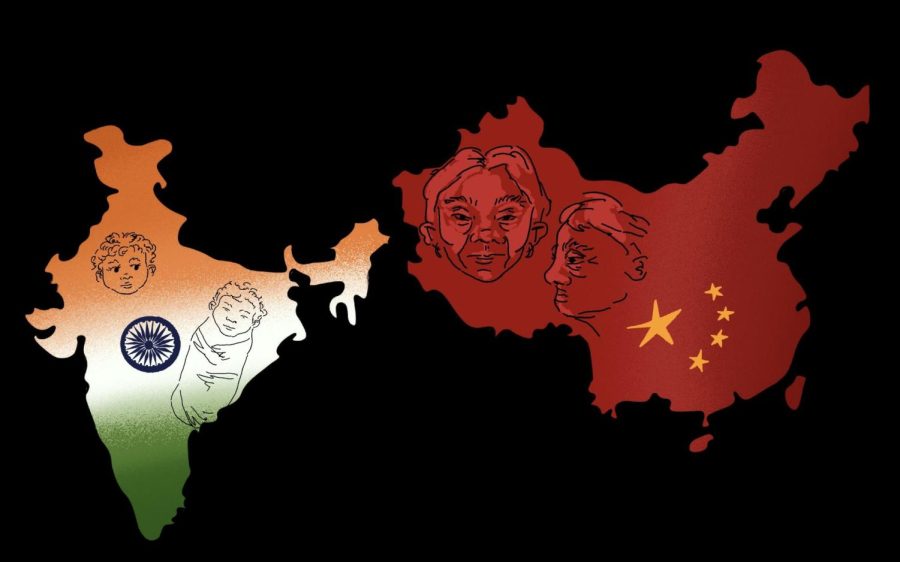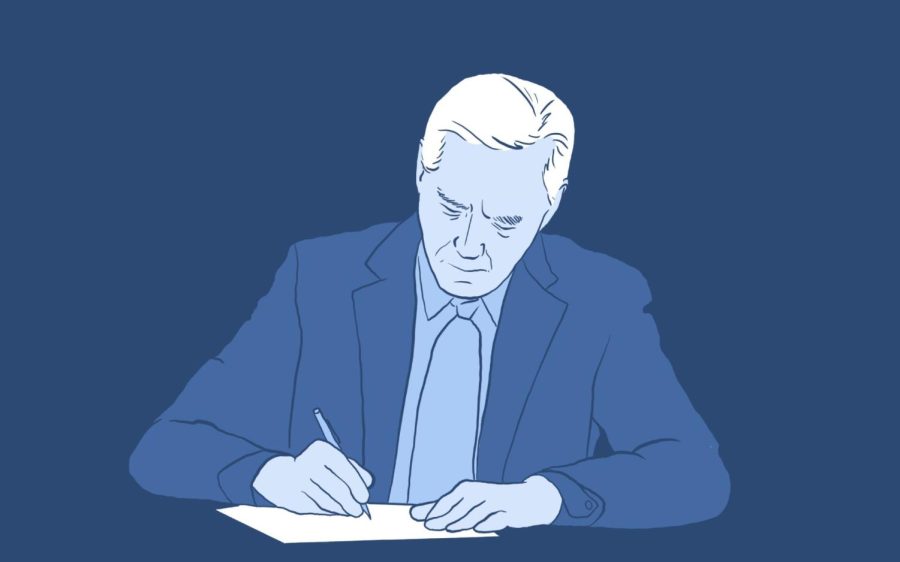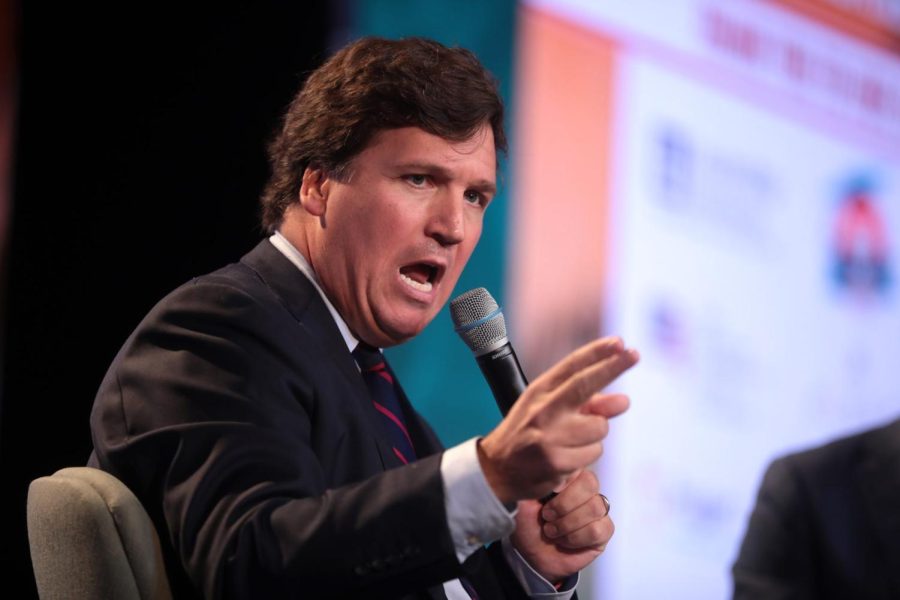SCOTUS decides on slew of controversial cases
High court sends back Texas race-based plan
Affirmative action in college admissions survived Supreme Court review Monday in a consensus decision that avoided the difficult constitutional issues surrounding a challenge to the University of Texas admission plan.
Justice Anthony Kennedy wrote the court’s 7-1 ruling that said a court should approve the use of race as a factor in admissions only after it concludes “that no workable race-neutral alternatives would produce the educational benefits of diversity.”
But the decision did not question the underpinnings of affirmative action, which the high court last reaffirmed in 2003.
The justices said the federal appeals court in New Orleans did not apply the highest level of judicial scrutiny when it upheld the Texas plan, which uses race as one among many factors in admitting about a quarter of the university’s incoming freshmen. The school gives the bulk of the slots to Texans who are admitted based on their high school class rank, without regard to race.
ξ
Supreme Court halts use of key part of voting law
A deeply divided Supreme Court threw out the most powerful part of the landmark Voting Rights Act Tuesday, a decision deplored by the White House but cheered by mostly Southern states now free from nearly 50 years of intense federal oversight of their elections.
Split along ideological and partisan lines, the justices voted 5-4 to strip the government of its most potent tool to stop voting bias – the requirement in the Voting Rights Act that all or parts of 15 states with a history of discrimination in voting, mainly in the South, get Washington’s approval before changing the way they hold elections.
Chief Justice John Roberts, writing for a majority of conservative, Republican-appointed justices, said the law’s provision that determines which states are covered is unconstitutional because it relies on 40-year-old data and does not account for racial progress and other changes in U.S. society.
The decision effectively puts an end to the advance approval requirement that has been used to open up polling places to minority voters in the nearly half century since it was first enacted in 1965, unless Congress can come up with a new formula that Roberts said meets “current conditions” in the United States. That seems unlikely to happen any time soon.
ξ
Supreme Court gives gay marriage historic boost
In a historic day for gay rights, the Supreme Court gave the nation’s legally married gay couples equal federal footing with all other married Americans on Wednesday and also cleared the way for same-sex marriages to resume in California.
In deciding its first cases on the issue, the high court did not issue the sweeping declaration sought by gay rights advocates that would have allowed same-sex couples to marry anywhere in the country. But in two rulings, both by bare 5-4 majorities, the justices gave gay marriage supporters encouragement in confronting the nationwide patchwork of laws that outlaw such unions in roughly three dozen states.
Gay-rights supporters cheered and hugged outside the court. Opponents said they mourned the rulings and vowed to keep up their fight.
In the first of the narrow rulings in its final session of the term, the court wiped away part of a federal anti-gay marriage law, the Defense of Marriage Act, that has kept legally married same-sex couples from receiving tax, health and pension benefits that are otherwise available to married couples.
The other case, dealing with California’s constitutional ban on same-sex marriage, was resolved by an unusual lineup of justices in a technical legal fashion that said nothing about gay marriage. But the effect was to leave in place a trial court’s declaration that California’s Proposition 8 ban was unconstitutional. Gov. Jerry Brown quickly ordered that marriage licenses be issued to gay couples as soon as a federal appeals court lifts its hold on the lower court ruling. That will take least 25 days, the appeals court said.
ξ
George Zimmerman case rattles on
Trayvon Martin’s friend describes final phone call
A friend who was on the phone with 17-year-old Trayvon Martin moments before he was fatally shot by George Zimmerman testified that she heard the Miami teen shout, “Get off! Get off!” before his telephone went dead.
Rachel Jeantel, 19, recounted to jurors in Zimmerman’s second-degree murder trial how Martin told her he was being followed by a man as he walked through the Retreat at Twin Lakes townhome complex on his way back from a convenience store to the home of his father’s fiancee.
Jeantel is considered one of the prosecution’s most important witnesses because she was the last person to talk to Martin before his encounter with Zimmerman Feb. 26, 2012.
She testified that Martin described the man following him as “a creepy-a– cracker” and he thought he had evaded him. But she said a short time later Martin let out a profanity.
ξ
Neighbor testifies about Martin-Zimmerman fight
Two neighbors and a police officer gave accounts Friday in George Zimmerman’s murder trial that seemed to bolster the neighborhood watch volunteer’s contention that he was on his back and being straddled by Trayvon Martin during their confrontation.
Neighbor Jonathan Good said it appeared the unarmed teen was straddling Zimmerman, while another neighbor, Jonathan Manalo, said Zimmerman seemed credible when he said immediately after the fight that he had shot Martin in self-defense. Officer Tim Smith testified that Zimmerman’s backside was covered in grass and wetter than his front side.
All three were called as witnesses for prosecutors who are trying to convict him of second-degree murder.


